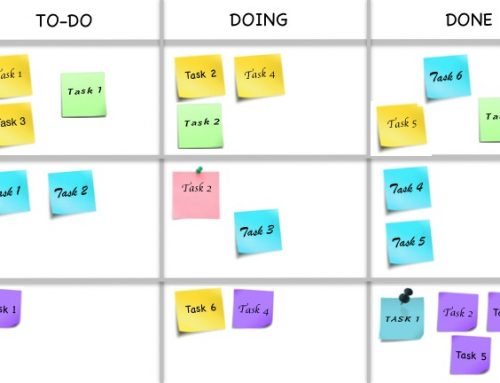“It’s just as unpleasant to get more than you bargained for as to get less.” George Bernard Shaw
Are you a haggler or a negotiator? I was talking with a research colleague, and she was certain that she was a negotiator- but the more we discussed her actions and intents as she tried to purchase a PCR machine, the less certain we both became. While we may want to think we are good negotiators the truth is that we might actually be hagglers. To find out if you are a haggler or negotiator, answer these two quick questions:
- Assume you are trying to get a promotion. Do you primarily…
- State how long you have been in the position and how you meet the requirements for the promotion. Or do you…
- Determine what your supervisor needs to get his/her promotion and demonstrate how you are working towards the same goals.
- Assume you are purchasing a piece of lab equipment- for example a PCR machine. Do you primarily…
- Repeat the price you are willing to pay and cite the shortcomings in the PCR machine (e.g. it has a large footprint). Or, do you…
- Schedule your purchase for the end of year and prioritize the options you want.
If you answered “a” to both questions above, then you rely on haggling. If you answered “b” to both questions above, you are a negotiator. If you answered differently, then you use both haggling and negotiating- dependent upon the circumstance.
In our experience, many scientists think they are negotiating but are actually haggling. Haggling relies on arguing and it’s origins mean “to hew” or “hack.” While haggling is certainly a time-honored tradition and can work for one-time purchases (where you don’t know the seller or are unlikely to meet them again), it is not useful (and in fact, an impediment) when you have a long-term relationship.
Being a life-science researcher is about long-term relationships. We work in small, tight-knit groups and in fields that are closely defined. We may count our supervisor or a reviewer as a friend. We will have long-term relationships with vendors, human resources, publishers, and conference organizers.
Consider a friend that wants something from you. They try to persuade you to get what they want by listing all of the problems you have, while also repeating incessantly what they want. This is haggling. How likely are you to be moved to help them (or even keep them as a friend)?
Consider the same friend that now approaches you, instead offering to help solve some of the problems you have. In exchange, they are going to ask a favor of you to help solve one of their problems. This is negotiating. How likely are you to help them now? Negotiating solves long-term problems while haggling is likely to instead create long-term problems.
Learning to be a good negotiator is about uncovering triggers and motivators of others- from your supervisor to gain a raise, to working with sales representatives selling PCR machines. Simply put, by becoming a good negotiator you will become more persuasive.
If you are interested in our negotiations course please contact us. You can also read more of our blog posts on how to get lower lab equipment and reagent prices and how to work with sales representatives.







Leave A Comment